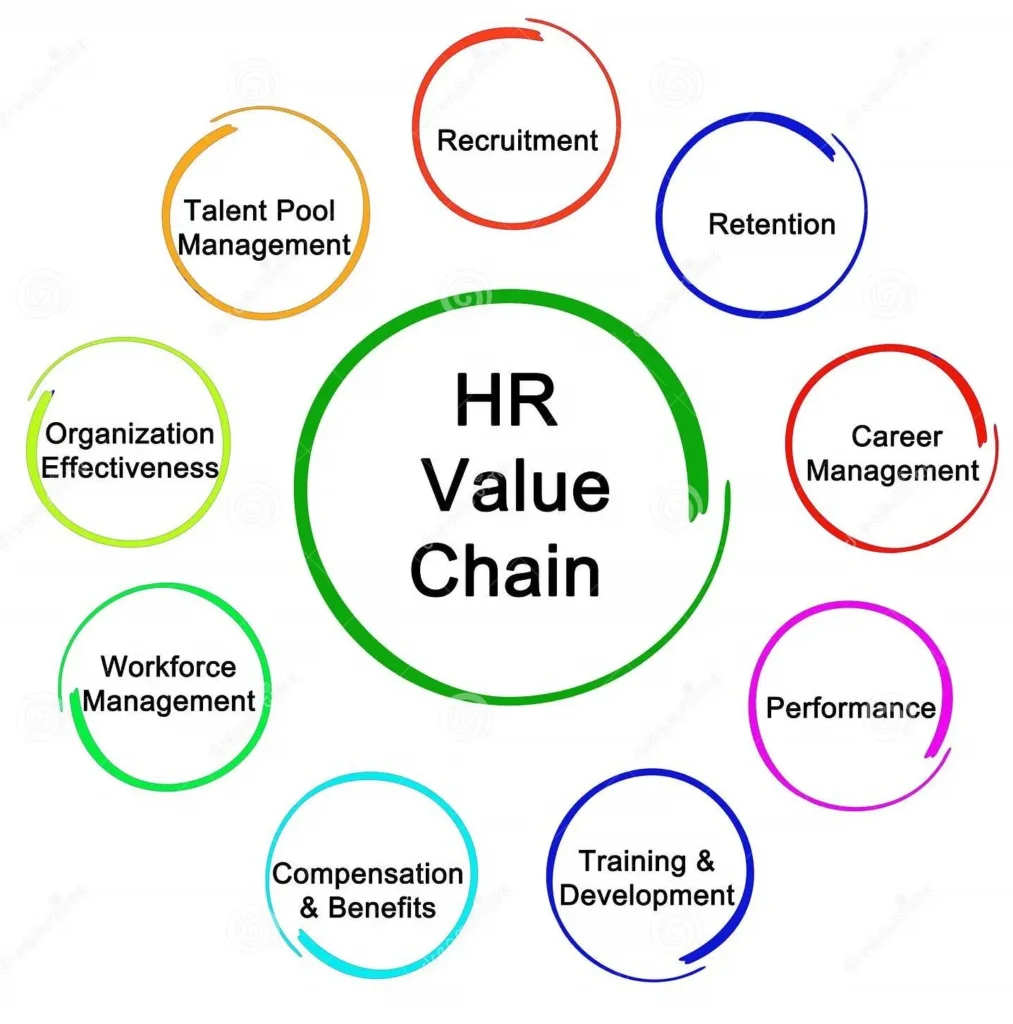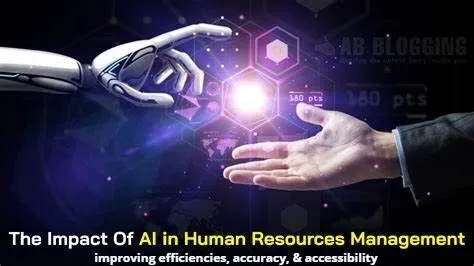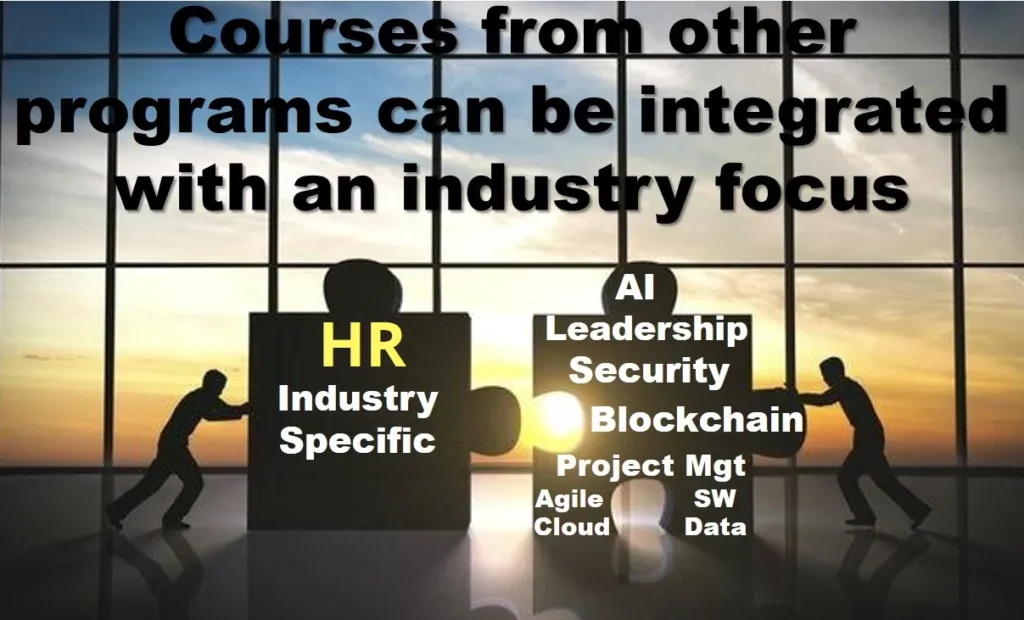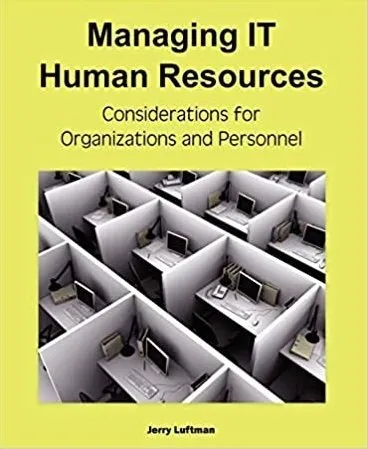More About
GIIMs Managing Digital Human Resources Programs


HR Value Chain
The HR Value Chain encompasses a comprehensive framework that supports the entire employee lifecycle, driving organizational success through strategic people management. Key components include Recruitment, which ensures the right talent is brought into the organization, and Retention, which focuses on keeping high-performing employees engaged and satisfied. Career Management and Performance are crucial for aligning employee goals with business objectives, while Training & Development ensures continuous learning and skills enhancement. These elements collectively strengthen the workforce and improve overall performance.
Further supporting the HR value chain are areas such as Compensation & Benefits, which motivate and reward employees appropriately, and Workforce Management, which involves effective scheduling, staffing, and resource allocation. Organization Effectiveness ensures that the structure and culture of the organization support its strategic goals, while Talent Pool Management helps maintain a pipeline of future leaders and skilled professionals. Together, these components form an integrated approach to human resource management, enhancing business outcomes and employee satisfaction.
That said, Human Resources is harnessing advanced analytics to drive data-informed strategies that balance organizational priorities with employee well-being. AI-powered platforms are reshaping talent management—forecasting attrition trends, optimizing team performance, and tailoring experiences to individual needs.



- Hiring, retaining, motivating, compensating, assessing, eliminating, benefits, and skills development are fundamental to every organization. Compounding the importance and challenges of HR are the dynamics of the economy, diversity (e.g., sex, age, ethnicity) of the workforce, sourcing alternatives, work at home, and the impact of emerging information technologies.
- Established CIOs devote 13% of their time to managing their staff and 8% on HR issues. It is also noteworthy that the current economic/pandemic conditions have apparently lowered the priority of human resources (HR) considerations. IT HR considerations were ranked 17th among CIOs, down from among the top considerations prior to the economic and pandemic conundrums.
- Recruiting
- Integrate skills analytics into hiring workflows
- Performance reviews
- Employee onboarding/offboarding processes
- Employee engagement initiatives
- Talent development and training
- Workforce planning
- HR Chatbot’s and virtual assistants (e.g., benefits, policies, procedures)
- Candidate fraud detection (e.g., resume, identities, references)

Naturally, having accurate, accessible, secure data is fundamental to a successful AI initiative, thus providing additional topics addressed in this program. HR solutions are usually cloud-based and integrated seamlessly across an organization’s other applications and workflows and designed with an accessible human interface. It should facilitate all aspects of the HR value chain and consider emerging information technologies like AI.












